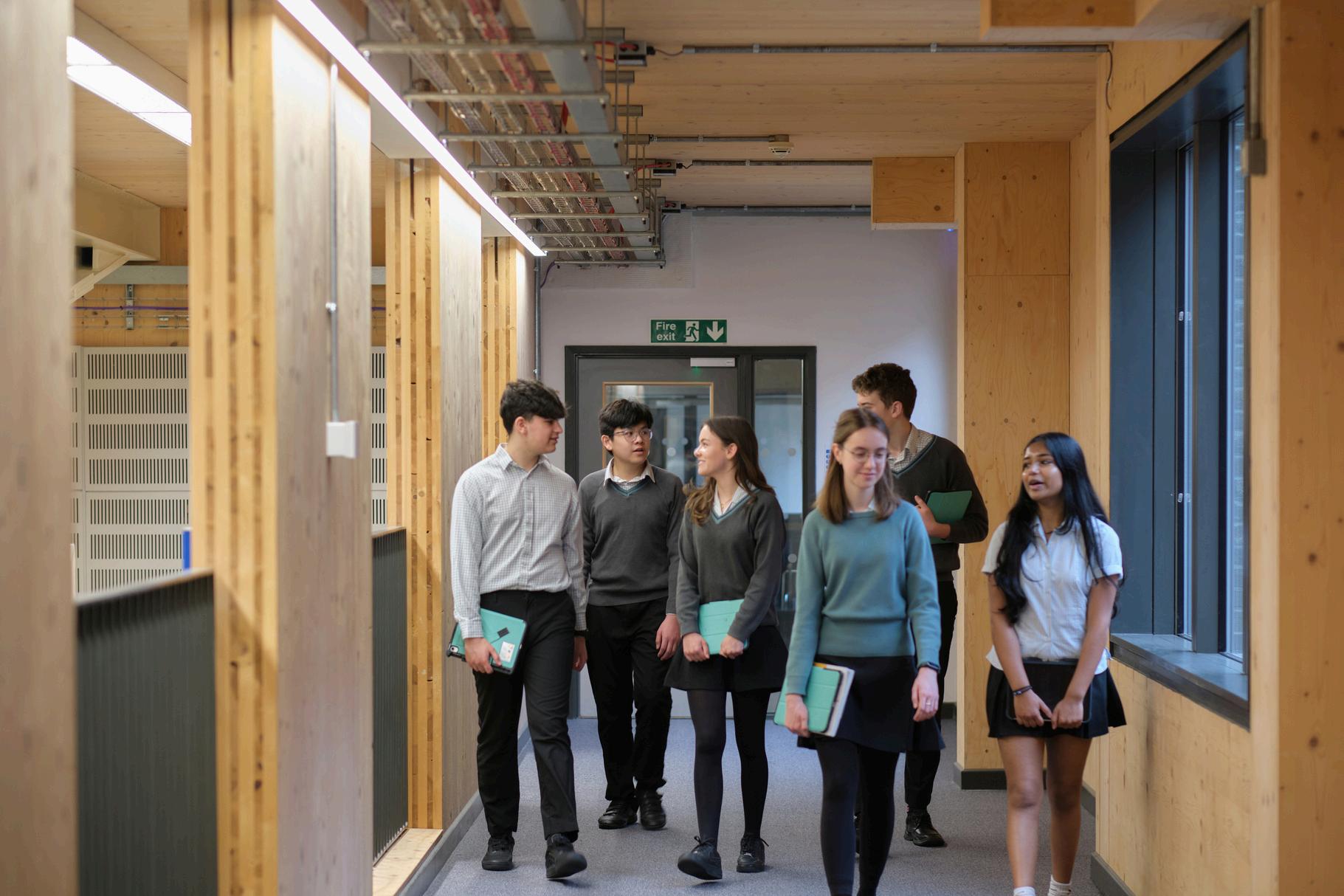

Stephen Perse Cambridge 1-Year IGCSE Programme
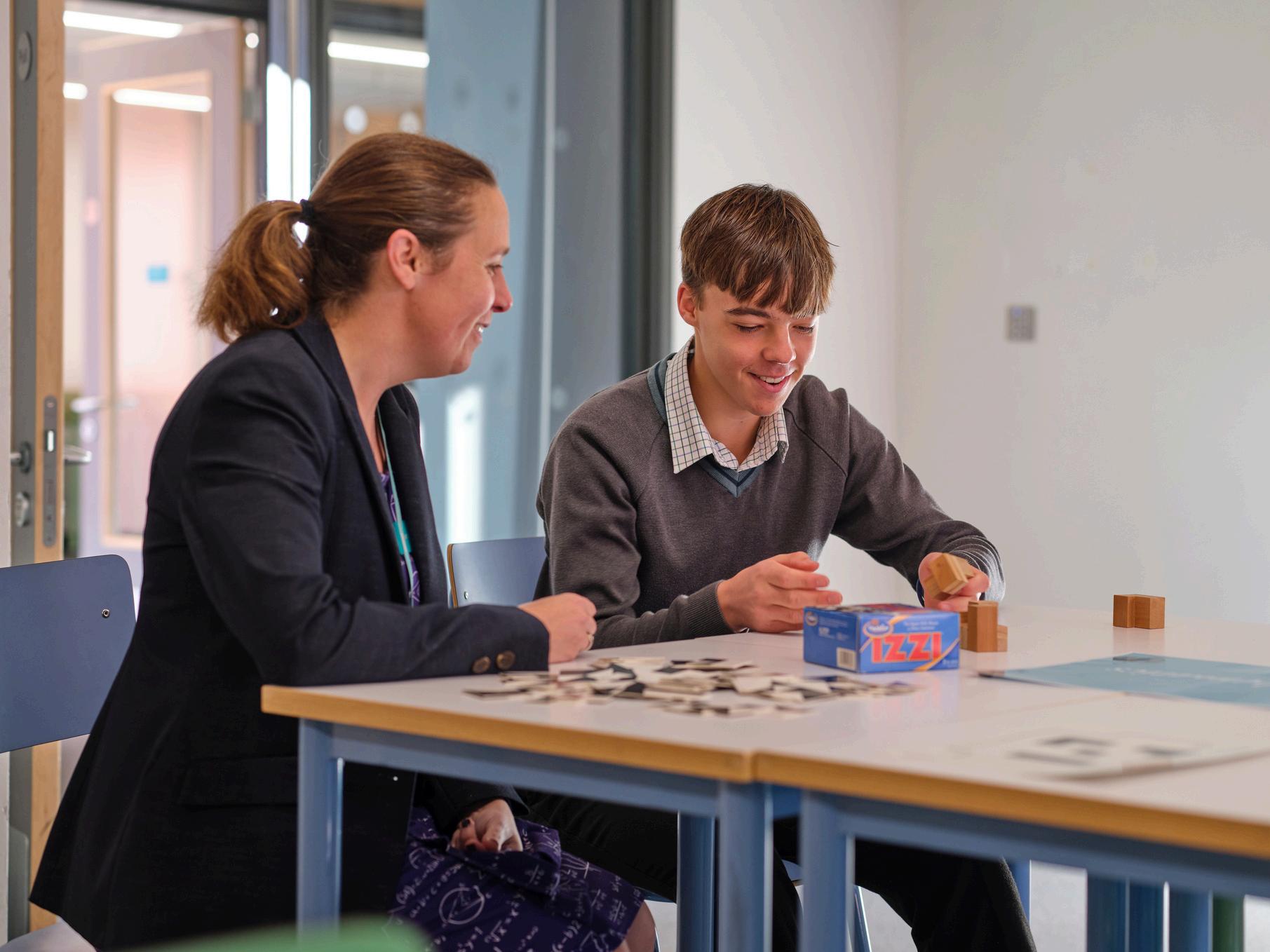

Programme Highlights
ONE-YEAR IGCSE PROGRAMME
IGCSE SUBJECTS
Fast-track learning in Mathematics, Science (Triple Award), English Language and a choice of Business, or Geography, alongside heritage language options, providing choice, challenge, and relevance.
For students aged 15-16, this intensive IGCSE programme prepares students for A Level studies and beyond.
INTEGRATED ENGLISH LANGUAGE SUPPORT
EXPERT CAREERS & GUIDANCE PROGRAMME
UNIVERSITY
PREPARATION
Early guidance on A Level subject selection and career pathways.
Focused on both general and academic proficiency.
NON-EXAMINED SUBJECTS
PSHE and RSE support students in developing skills for happy, healthy and successful personal and work lives as students and as adults. Our extensive Sports and Co-curricular programme offers a wealth of opportunities to develop existing skills to higher levels and try new activities.

Entry Requirements
Age: 15 to 16 years
test
Online Maths & English tests.
Applicants who meet the required standards in the online tests will also be invited to an interview.



EVERYONE TAKES:
Mathematics, Science (Triple Award), English Language IGCSEs

EVERYONE ADDS
STUDENTS MAY ALSO ADD:
a heritage language course (see details on page 21)

Course details
Alongside IGCSE subject teaching, our well-rounded programme includes everything necessary to set students up for success:
Our expert Careers & Guidance staff will guide students in making their A Level choices to follow on from the one-year IGCSEs within the context of their career ambitions. Those staying on for A Levels at Stephen Perse Cambridge will benefit from our extensive university applications support in Years 12 and 13; A Level support and extension sessions; dedicated UCAS tutors; and special application streams for Medicine, Veterinary Medicine, Oxford, Cambridge and other highly competitive universities, and overseas universities including in the US, Canada, Europe and Asia.
Integrated English Language support develops students’ general and academic proficiency.
Personal, Social, Health and Economic Education helps students to develop the skills and knowledge for happy, healthy and successful personal and work lives as students and adults. It is delivered during form time at the beginning of the teaching day.
08:30 - 08:55
09:00 - 10:15
10:15 - 10:35
10:35 - 11:50
- 13:10
13:10 - 14:15
14:15 - 15:30
15:35 - 16:15
Teaching Time
One-year IGCSE students enjoy a full weekday timetable during school hours and four evenings a week of dedicated evening study time in the boarding house, when experienced academic staff are on hand to answer questions about study and exam techniques and to develop students’ academic skills and understanding. Additional independent study and assignments are set for personal study over the weekend, which students complete according to their personal schedule.
English Language - CAIE 0990 (9-1)
English is an essential part of our core curriculum and is compulsory at Key Stage 4. Success in any subject studied in the Sixth Form requires competent written English as well as the analytical skills it fosters. As a candidate for IGCSE English, students will:
develop their understanding of the spoken word and ability to express themselves clearly and logically; read and respond to all types of writing; develop their writing skills.
Students read non-fiction texts in various genres, such as newspaper reports, websites, travel reports and biographies and look analytically at the language used by writers for their audience and compare different texts, assessing their effectiveness. They develop their awareness of an audience and their persuasive, creative and descriptive writing skills. Assessment takes place through two examinations. The first tests their responses to unseen non-fiction passages, while the second examination tests their writing. Each examination is worth 50% of the total mark.
Autumn Term Half-term 1
Teacher 1: Reading paper
Focus on Q1: the short comprehension questions and summary tasks.
For the first half of term, we work with newspaper articles and other non-fiction writing, with plenty of question answering practice, including IGCSE questions from previous years.
Half-term 2
Focus on Q2: the short word study and long word study.
We learn how to get the best from our literature extracts, practising questions, including from past IGCSE papers, and building our knowledge based on feedback from these assessments.
Ongoing Spelling, Punctuation and Grammar
We weave spelling, punctuation and grammar development throughout the course, using each assignment to build our ability to skillfully express ourselves clearly and elegantly.
Teacher 2:
Directed writing paper
Focus: directed writing question.
In the directed writing paper preparation, we use topical issues to generate debate and learn how to construct and express these effectively, working with speeches and other text types specified by the exam board.
Focus: creative writing.
In the second half of the Autumn term, we examine narrative and descriptive writing, using short stories and fiction prose extracts as the gateway to learning about writing techniques for these genres.
We continue with our spelling, punctuation and grammar development, with a focus on word building, semantic fields and related topics that are particularly important in directed and creative writing.
Spring Term Half-term 1
Focus: Q3.
Half-term 2
Teacher 1 :
Reading paper
This half-term we develop our ability to infer information from sources such as newspaper articles, news items and other non-fiction writing.
We conclude this teaching module with a mock examination.
Focus: reading skills revision.
After a full review of the reading skills and techniques, we sit a second full past paper to develop our examination techniques and practice. Feedback from this assessment informs further skills development and advice.
Ongoing Spelling, Punctuation and Grammar
Teacher 2:
Directed writing paper
We set a past paper mock at the start of term to assess progress levels and tailor the term’s teaching and support as we build towards the final examination next term.
Summer Term Half term 1
Teacher 1 :
Reading paper
Teacher 2:
Directed writing paper
In the final teaching sessions, we focus on individual student’s needs leading into the examinations.
We review our directed writing skills to hone and polish our technique to best suit the examination requirements, testing our progress and achievement with a past IGCSE examination taken under test conditions.
Spelling, punctuation and grammar practice, assessment, feedback and further practice are embedded throughout.
In the final teaching sessions, we focus on individual student’s needs leading into the examinations.
Half-term 2
We continue with our spelling, punctuation and grammar development, with a focus on word building, semantic fields and related topics that are particularly important in directed and creative writing.
Mathematics - Edexcel 4MA1 (9-1)
Mathematics is an important subject, both for many university courses and for the workplace. It is therefore important to have a firm foundation in the subject. You will be encouraged to develop your numerical, algebraic and spatial skills and to appreciate the use of Mathematics in other fields of learning. The Mathematics course teaches you to think and communicate in a precise, logical and creative way, selecting appropriate mathematical techniques and applying your knowledge when solving problems. A link to the specification can be found here.
Students are taught all the necessary topics relating to number, algebra, geometry and statistics. They are encouraged to think flexibly and to recognise relationships in Mathematics, for example, using ratio and proportion, as well as algebraic structures to solve problems. You will be introduced to numerical concepts ranging from exact expressions to approximations, and algebraic applications, such as common functions and their graphs, along with various types of sequence. You will also study geometrical reasoning, including trigonometry and circle theorems, as well as statistical observations and probability theory. You will take two exam papers at the end of Year 11. Each of the papers is worth 50% of the overall assessment. The use of a calculator is permitted in both exams and there is no coursework.
Term Half-term 1
Autumn
Decimals Special numbers, powers and roots Algebraic manipulation Expressions, formulae and rearranging formulae
Linear equations and inequalities Sequences
Half-term 2
Graphical representation of data Statistical measures Fractions Percentages Ratio and proportion Indices and standard form
Compound measures
Spring
Geometry of shapes Real life graphs Linear graphs Quadratic equations and graphs Constructions and bearings Perimeter, area and volume Pythagoras’ theorem and trigonometry
Transformations
Harder graphs and transformation of graphs Simultaneous equations Probability Degree of accuracy Set language, notation and Venn diagrams Circle properties Advanced trigonometry
Summer Similar shapes Function notation Vectors Calculus Preparation for external exams

Biology - CAIE 0970 (9-1)
Biology is the study of living things. Students discover how plants and animals function, including the human body and the requirements for healthy living. They learn about the role of Biology in society today and its importance in health and environmental contexts.
The Biology course looks at the various levels of organisation: molecules, the cell, the organs, the organism and ecology. It introduces fundamental ideas from biochemistry, physiology, evolution and systems biology and prepares students well for Sixth Form Biology courses, as well as Physical Education, or Psychology. There are three exam papers at the end of Year 11 and students will typically be entered for the Extended Assessment, unless teacher guidance suggests otherwise. Students sit three papers: Paper 2 is multiple choice and worth 30% of the final grade; Paper 4 is short-answer and structured questions and is worth 50% of the grade; and a practical exam (Paper 5 or 6), which is worth 20% of the final grade.
Term Half-term 1
Characteristics and classification of living organisms Organisation of the organism
Autumn
Spring
Movement in and out of cells Biological molecules Enzymes
Respiration Excretion Coordination and response Drugs Reproduction
Summer Revision and exams Practical skills
Half-term 2
Plant nutrition Human nutrition
Transport in plants Transport in animals
Disease and immunity Gas exchange in humans
Inheritance Variation and selection
Organisms and their environment Human influences on ecosystems Biotechnology and genetic modification
Assessment prepared for
Paper 2 (supplement multiple choice), Paper 4 (supplement short answer questions)
Paper 2 (supplement multiple choice), Paper 4 (supplement short answer questions)
Paper 2 (supplement multiple choice), Paper 4 (supplement short answer questions), Practical exam
Chemistry - CAIE 0971 (9-1)
Chemistry is the study of matter and the materials that make up the world. In this course students study the nature of that matter, from the atom up and learn how scientists can make new materials, using the world’s resources wisely.
The IGCSE Chemistry course deals with all fundamental aspects of chemistry, from the theoretical to the practical, covering the structure of the atom, structure and bonding, energetics, rates, acids and bases, electrochemistry, organic chemistry, chemical tests and calculations in Chemistry. It provides all the required knowledge and understanding for further study in Biology, Chemistry and Geology. Students take three exam papers at the end of Year 11 and will typically be entered for the Extended Assessment, unless teacher guidance suggests otherwise. The three papers are: Paper 2, a multiple choice and worth 30% of the final grade; Paper 4 is short-answer and structured questions and is worth 50% of the final grade; and a practical exam (Paper 5 or 6), which is worth 20% of the final grade.
Term Half-term 1
Half-term 2
Autumn
States of matter Atoms, elements and compounds The Periodic Table
Spring Stoichiometry Redox Metals Electrochemistry
Chemical Energetics Rates of Reaction
Acids, Bases and Salts
Assessment prepared for
Paper 2 (supplement multiple choice), Paper 4 (supplement short answer questions)
Summer Revision and exams Practical skills
Reversible reactions Chemistry of the environment Organic Chemistry
Experimental techniques
Paper 2 (supplement multiple choice), Paper 4 (supplement short answer questions)
Paper 2 (supplement multiple choice), Paper 4 (supplement short answer questions), Practical exam

Physics -
CAIE 0972 (9-1)
Physics explains how the world around us works and helps students to understand natural phenomena and technological advances, as well as developing their problem-solving skills. It will better equip students to make decisions about important issues, such as sustainability, and to explain how and why things all around us work. The course will prepare students well for Sixth Form Physics courses, as well as Maths, Engineering, or other technical subjects. Students take three exam papers at the end of the year. They are typically entered for the Extended Assessment, unless teacher guidance suggests otherwise. Of the three papers, Paper 2 is multiple choice and worth 30% of the final grade, Paper 4 is short-answer and structured questions and accounts for 50% of the final grade, and a practical exam (Paper 5 or 6) covers 20% of the final grade.
Term Half-term 1
Autumn
Spring
Motion, Forces and Energy: Speed Acceleration
Newton’s laws Momentum Energy transfers
Work Power Pressure Density
Electricity and Magnetism: Circuits Current
Voltage Resistance Electromagnetism
Transformers Generators Motors Electrical
safety
Summer Revision and exams Practical skills
Half-term 2
Thermal Physics and Waves: Particle
theory Heat transfer, Changes of state
Wave properties Light Sound
Electromagnetic spectrum
Atomic and Space Physics: Atomic
structure Radioactivity Fission Fusion
Solar system Stars Galaxies Redshift Big
Bang
Assessment prepared for
Paper 2 (supplement multiple choice), Paper 4 (supplement short answer questions)
Paper 2 (supplement multiple choice), Paper 4 (supplement short answer questions)
Paper 2 (supplement multiple choice), Paper 4 (supplement short answer questions), Practical exam
Business - CAIE 0774 (9-1)
Business IGCSE develops students’ understanding of business activity in the public and private sectors, and the importance of innovation and change. They learn how the major types of business organisations are established, financed and run, and how their activities are regulated. Factors influencing business decision-making are also considered, as are the essential values of cooperation and interdependence. Topics cover different types of business, and the management of people and resources in business. This will lead to work on developing a financial understanding of how businesses operate, and an introduction to national and international economic issues that businesses need to contend with. It is an excellent preparation for the study of either Business or Economics at A Level. Students take two exam papers at the end of the year, each is worth 50% of the overall assessment.
Term Half-term 1
Autumn Understanding Business Activity: Business activity Economic sectors Enterprise, business growth and size Types of business organisation Business objectives and stakeholder objectives People in business
Human resource management (HRM) Organisation and management
Spring Operations Management: Sustainable production of goods and services Costs, scale of production and break-even analysis Quality of goods and services Location decisions
Financial information and decisions Business finance Cash flow forecast Profit and loss
Summer Preparation for external exams
Half-term 2
People in Business: Methods of communication Motivating employees
Marketing Marketing and the market Market research Marketing mix Legal controls Operations management Production of goods and services
Technology Production of goods and services
Assessment prepared for
Short Answer and Data Response
Financial Information and Decisions: Statement of financial position Analysis of accounts External influences on business activity Economic issues The international economy The environment Ethical issues Pressure groups Case Studies
Preparation for external exams
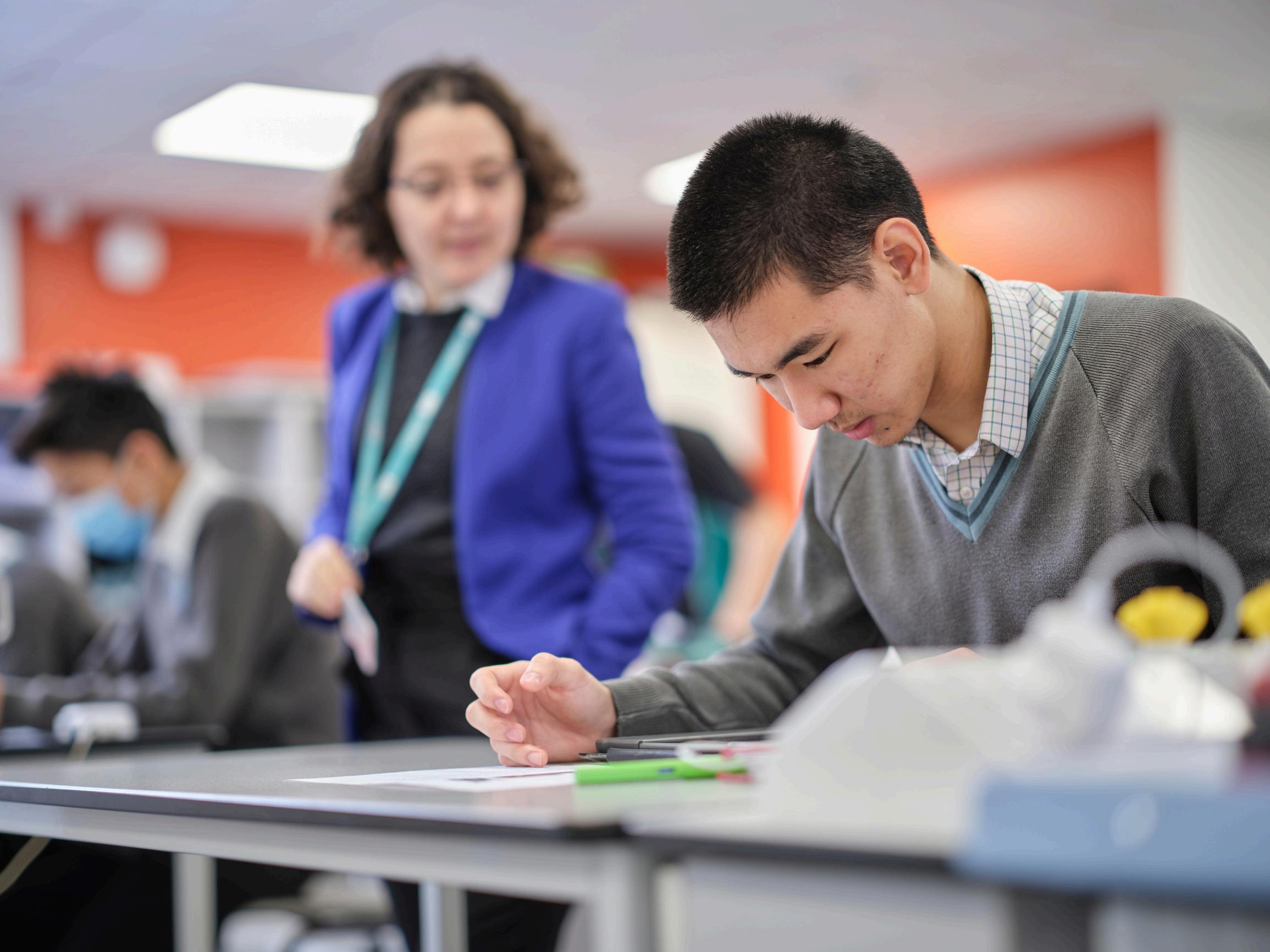
Studying Geography will enhance your global outlook by focussing on the major issues affecting the UK and the world today, whether physical geography such as natural hazards, or human geography, such as urban growth. This course encourages you to be an inspired and motivated learner with an emphasis on developing the essential skills that will enable you to become a reflective, analytical thinker with an enquiring mind. These qualities are highly regarded by both universities and employers because they enable you to be an independent thinker who has skills that transfer across the arts and the sciences. There are three key components which focus on a wide range of examples from around the world and the United Kingdom. You will develop your understanding and knowledge of these areas through discussion, enquiry, research, analysis and fieldwork. This includes a trip to North Norfolk to study coastal management. You will take two exam papers at the end of the year: Paper 1 is the Physical Geography paper and is worth 40% of your total mark; Paper 2 is the Human Geography paper and is worth 60% of your total mark. The questions are a mixture of multiple-choice, short-answer, data-response and open-ended questions.
Term Half-term 1
Autumn
Spring
Coastal Environments and Fieldwork: Coastal processes and landforms Coastal ecosystems
Coastal flooding and management
Summer
Economic Activity and Energy: Economic sectors and locations Changes in employment
Population and resources Energy Urban
Environments + Urban Fieldwork: Urbanisation and megacities Urban land use
Fragile Environments and Climate Change:
Impacts of climate change and responses
Dealing with desertification Sustainability
Revision and exams
Half-term 2
Hazardous Environments: Different types of hazard Volcanic eruptions, earthquakes and their impacts Tropical cyclones and their impacts Predicting and preparing for hazards
Urban Environments: Urban challenges
Urban fringe Sustainable urban living
Fragile Environments and Climate Change
Desertification & deforestation and impacts Climate change
Assessment prepared for
Paper 1: Physical Geography
Paper 2 : Human Geography
Paper 2 : Human Geography
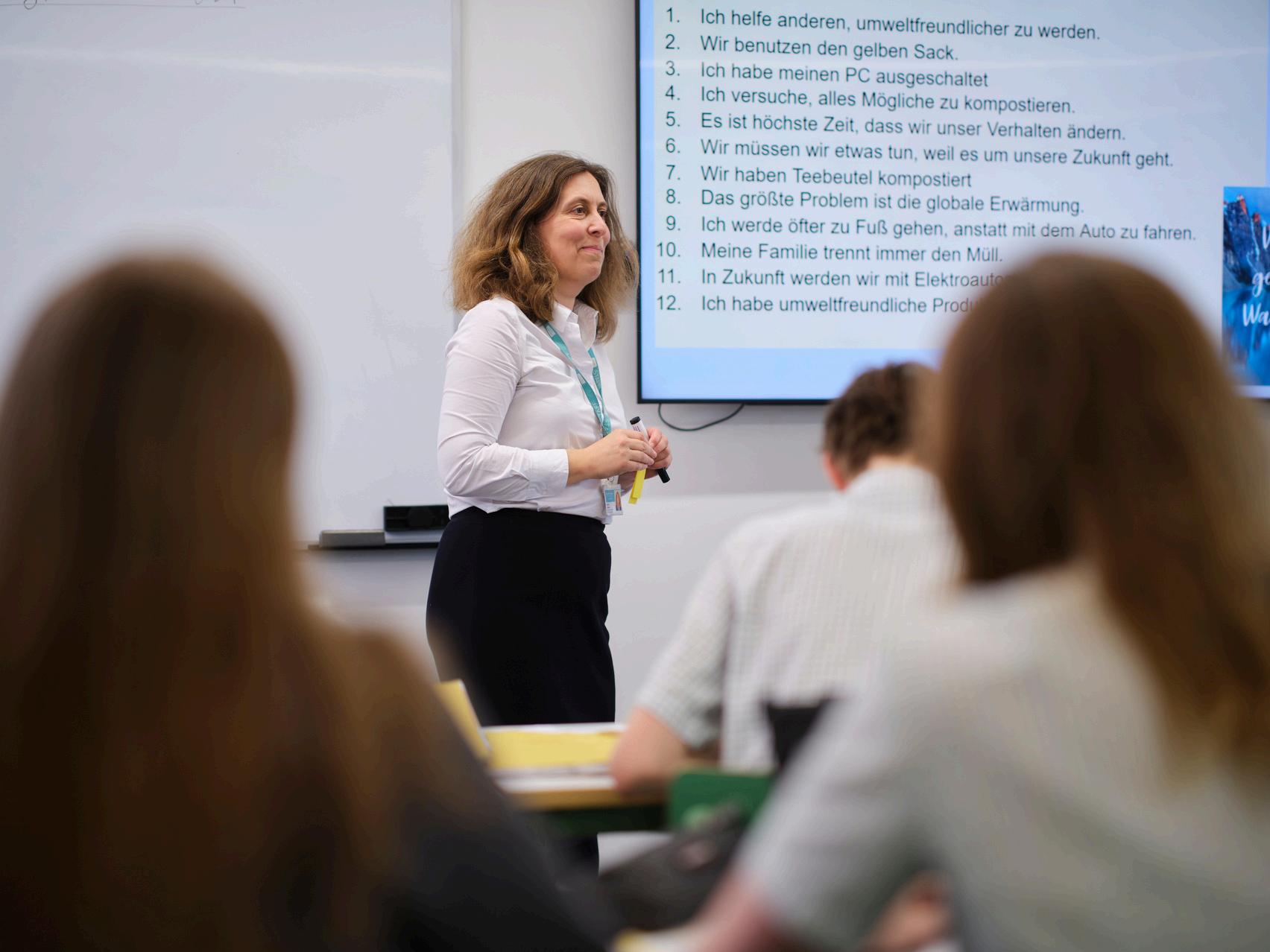
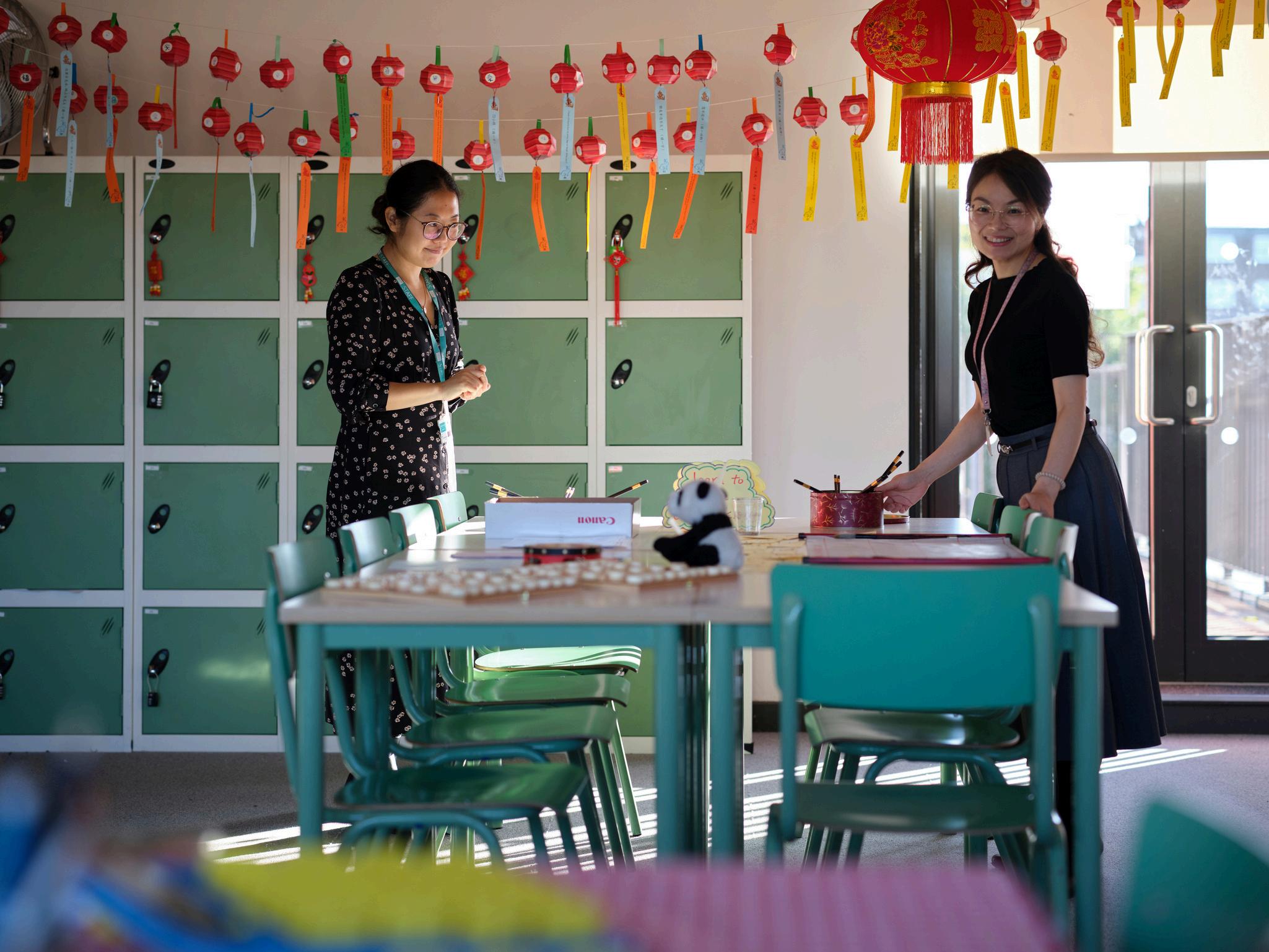
Modern Languages
A range of languages is available at IGCSE (or occasionally GCSE depending on the language). These include:
Mandarin, as a first or second language, or HSK;
French, Spanish, German as a first language;
Italian and Russian may be available as a foreign language for those with prior experience.
Please talk to us if you are interested in languages that are not listed here, we will do our best to accommodate these, subject to student demand and staff availability. For all our language (I)GCSEs you will need to undertake independent study outside the timetabled school day and to attend specific after-school clubs.
Any questions?
Please contact our Admissions Team
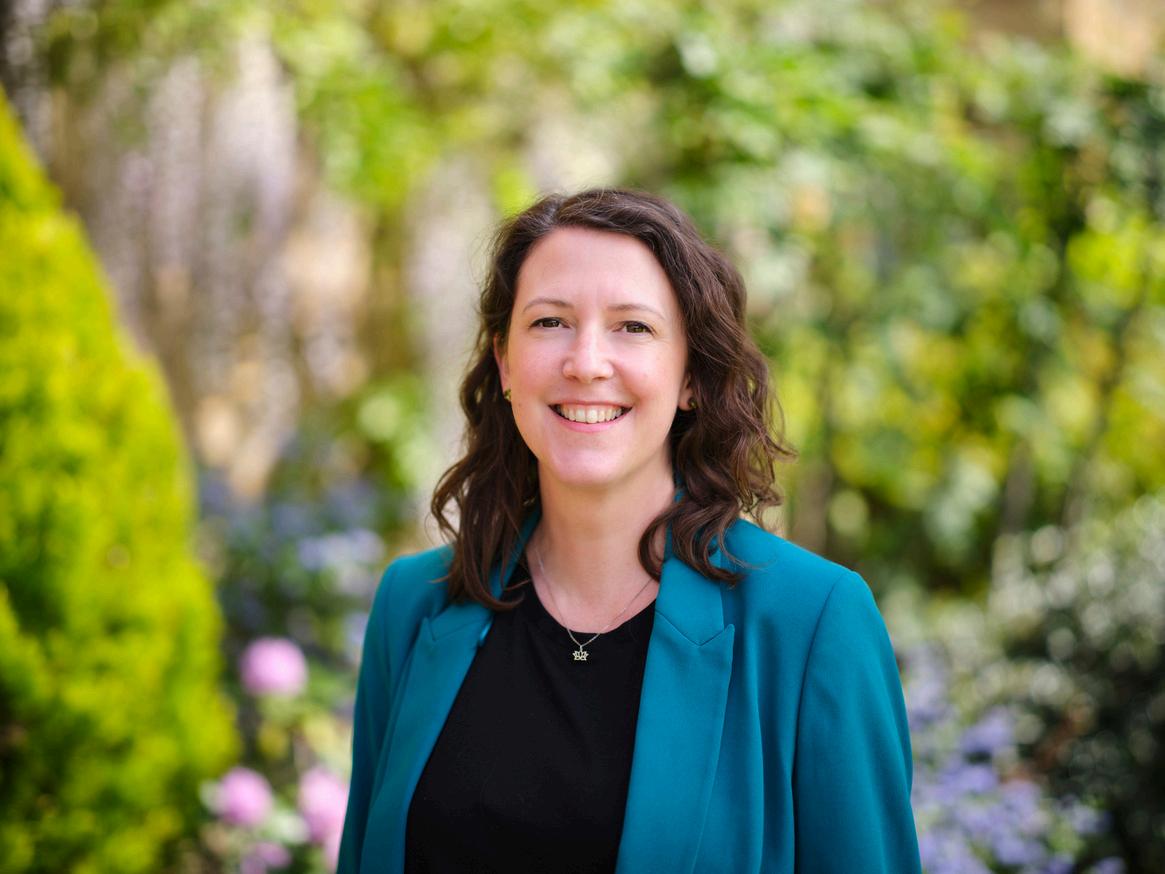
Vickie Warburton Head of Admissions

Amy Warner Admissions Manager
We are delighted that you are considering the Stephen Perse Cambridge one-year IGCSE programme. Our dedicated and friendly admissions team is here to provide you with all the information and support you will need. Our goal is to make your admissions journey as smooth and stress-free as possible. Contact us on admissions@stephenperse.com.
